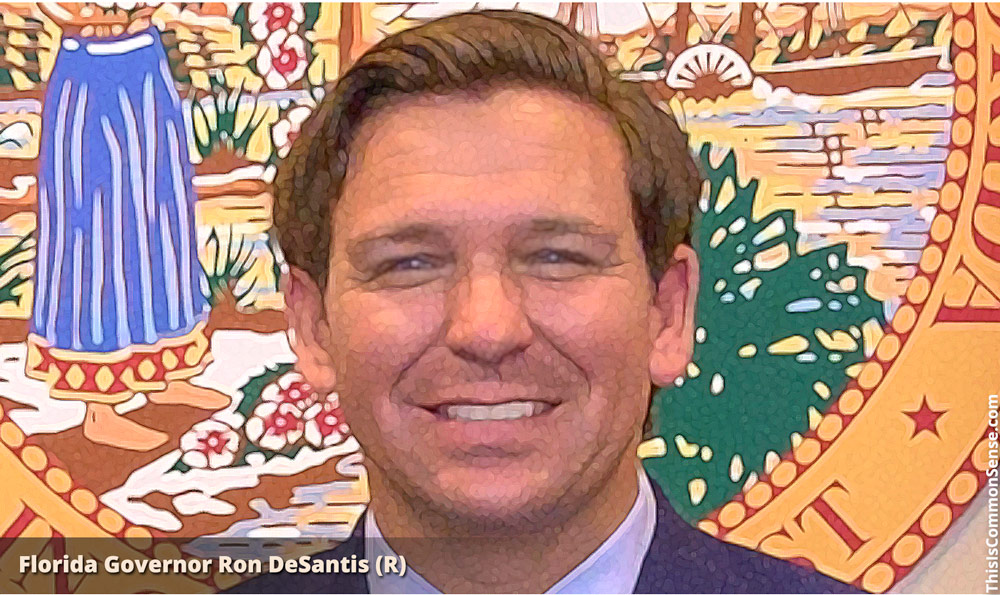How to prevent citizen control of government?
The democracy-loathing Chinese Communist Party (CCP) is not merely wiping out Hong Kong’s civil liberties, but also aggressively undercutting the limited democratic input citizens previously had. You see, in December of 2019, in the last local elections before the pandemic proscribed the city’s protest movement, fledgling pro-democracy candidates won an incredible 87 percent of the seats.
So the Chinazis postponed the next election, just to be safe.*
Never a full-fledged one-person/one-vote democracy, Hongkongers only voted for 35 of the 70 Legislative Council seats. But now the CCP is increasing legislative seats to 90 while reducing to just 20 those that voters choose.**
While tyranny may seem another growth industry where China outpaces us, don’t count out our politicians just yet.
Last November, Florida voters decided four citizen initiatives, passing two and defeating two others — including one to make it tougher to pass constitutional amendments. Such “direct democracy” isn’t easy — almost 900,000 Sunshine State voters must sign. Then to pass, Florida amendments require a 60-percent vote.
Yet for the third consecutive session the unfriendly Florida Legislature, dominated by Republicans, wants to make it even more difficult for regular people to communicate, associate, organize and petition an amendment onto the ballot, bypassing the pols:
♦ House Joint Resolution 61 would hike that 60-percent supermajority for passage to 66.7-percent. Should a measure that receives 66.5 percent of the vote lose?
♦ Senate Bill 1890 would outlaw contributions of greater than $3,000 to the petition phase of the campaign, which usually costs upwards of $5 million. It’s campaign finance “reform” specifically designed to silence citizens by blocking their ability to successfully place an issue before fellow voters.
“[I]t should not be an impossible process,” offered Trish Neely with the League of Women Voters . . .
. . . of Florida, that is. Not Hong Kong.
This is Common Sense. I’m Paul Jacob.
* Not to mention the police arresting aspiring pro-democracy candidates.
** The police must now first approve all candidates as being sufficiently pro-China, as well.
—
See all recent commentary
(simplified and organized)










